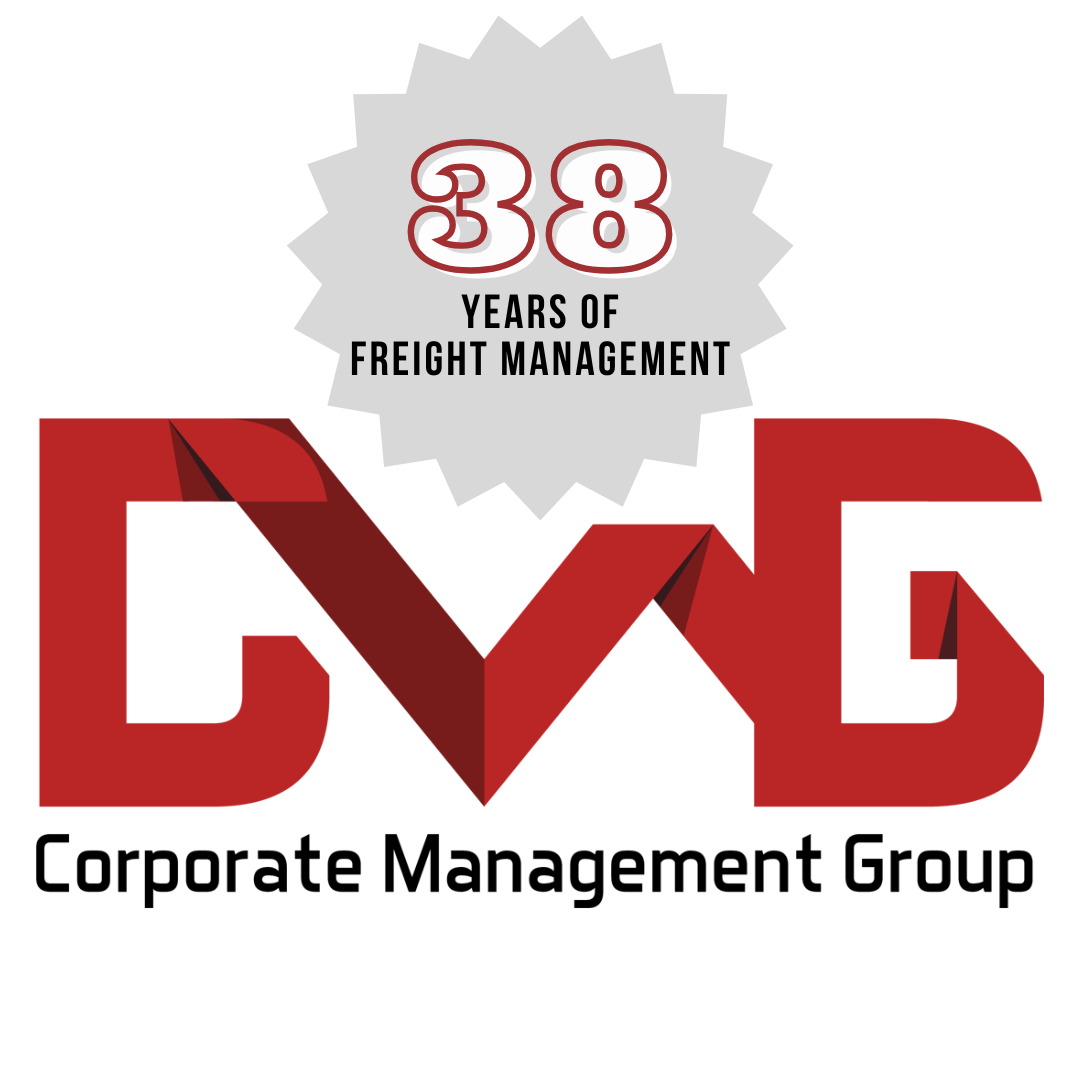One morning about a month ago I got into my car with the intention of running some errands. When I pressed the starter button, instead of hearing the beautiful sound of my engine cranking and purring, there was deafening silence. Not even a click. Aggravated that my plans had been derailed by an uncooperative car, but thankful that it had happened on my day off and that my wife and her car were at home, I got out of the car and raised the hood.
My assumption as I did so was that the culprit was battery related, but to my recollection, the battery was only a couple of years old. As I raised the hood and looked at the battery, what I saw caused me a bit of embarrassment. There was so much corrosion on the battery cable connections that I could hardly see the connections. It had been so long since I had checked under the hood, I had no idea any corrosion, let alone that much, had built up. After jumping off my car using my wife’s car battery, I drove to the closest car parts store, where a kind employee cleaned the battery connections. Once he reconnected the cables, the car cranked immediately. After driving my car around for about thirty minutes to build up the battery, I returned to the store and the battery tested at full strength. Problem solved. No new battery needed.
I was reminded of two important lessons that day.
First, it pays to check under the hood from time to time. Had I, or someone on my behalf done so, the buildup of corrosion would have been discovered before it got to the point that it sabotaged my plans.
Second, excessive corrosion can kill battery connections. What initially appeared to be a dead battery, turned out to be a perfectly good battery rendered useless by a corroded connection.
As I have reflected on the wisdom of those two life lessons, I’ve been reminded how applicable they are to daily life. First, it pays to check under the “hoods” of our lives, not only from time to time, but only a regular basis. Preventive maintenance is not only wise for our cars, but it is also wise for our lives. For example:
- We need to regularly examine our hearts. We need to regularly examine our affections – for self, for others, for things – to see if they are appropriate and balanced, and especially God-centered.
- We need to regularly examine our minds. Especially do we need to examine our worldviews – the mental lenses through which we view life determined by our core beliefs about why we are here, why the world is so messed up, how it can get fixed, and how life turns out in the end. 1 Our worldviews determine our thoughts, our thoughts determine our mindsets, and our mindsets ultimately determine our attitudes and our actions. It is vital, therefore, that we allow the mind of God to shape our worldview.
As we seek to examine our hearts and minds, we need to realize how self-deceived we can be while doing so. Therefore, it is the wise person who recognizes that self-limitation, and seeks outside help. The best outside help is from God Himself – especially from His Word, the Bible. We would do well to follow suit with King David when he prayed in Psalm 139:23-24, “Search me, O God, and know my heart; try me and know my anxious thoughts; and see if there be any hurtful way in me, and lead me in the everlasting way.”
Second, just like a perfectly good battery can be rendered useless by a corroded connection, our lives can be rendered useless (or at least ineffective) by the corrosion of unconfessed, and/or, un-dealt-with sin. Ignoring sin has the same impact as ignoring battery corrosion. Again we would do well to emulate the heart and mind of King David when he prayed in Psalm 51:10, “Create in me a clean heart, O God, and renew a right spirit within me.”
Before your heart and mind get shut down by spiritual corrosion, be wise and take time to look under your hood.
1Gregory Koukl, The Story of Reality: How the World Began, How It Ends, and Everything Important That Happens In Between.

Recent Comments